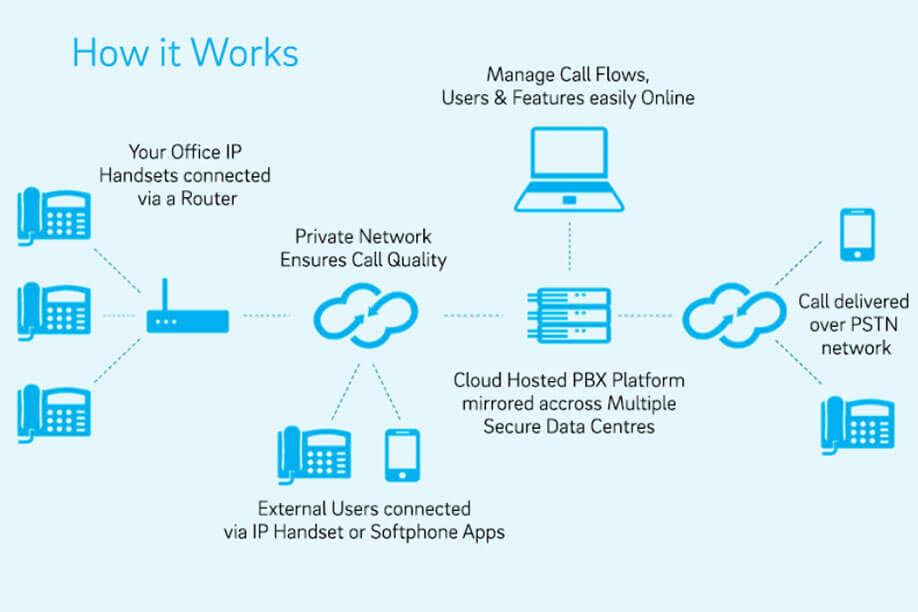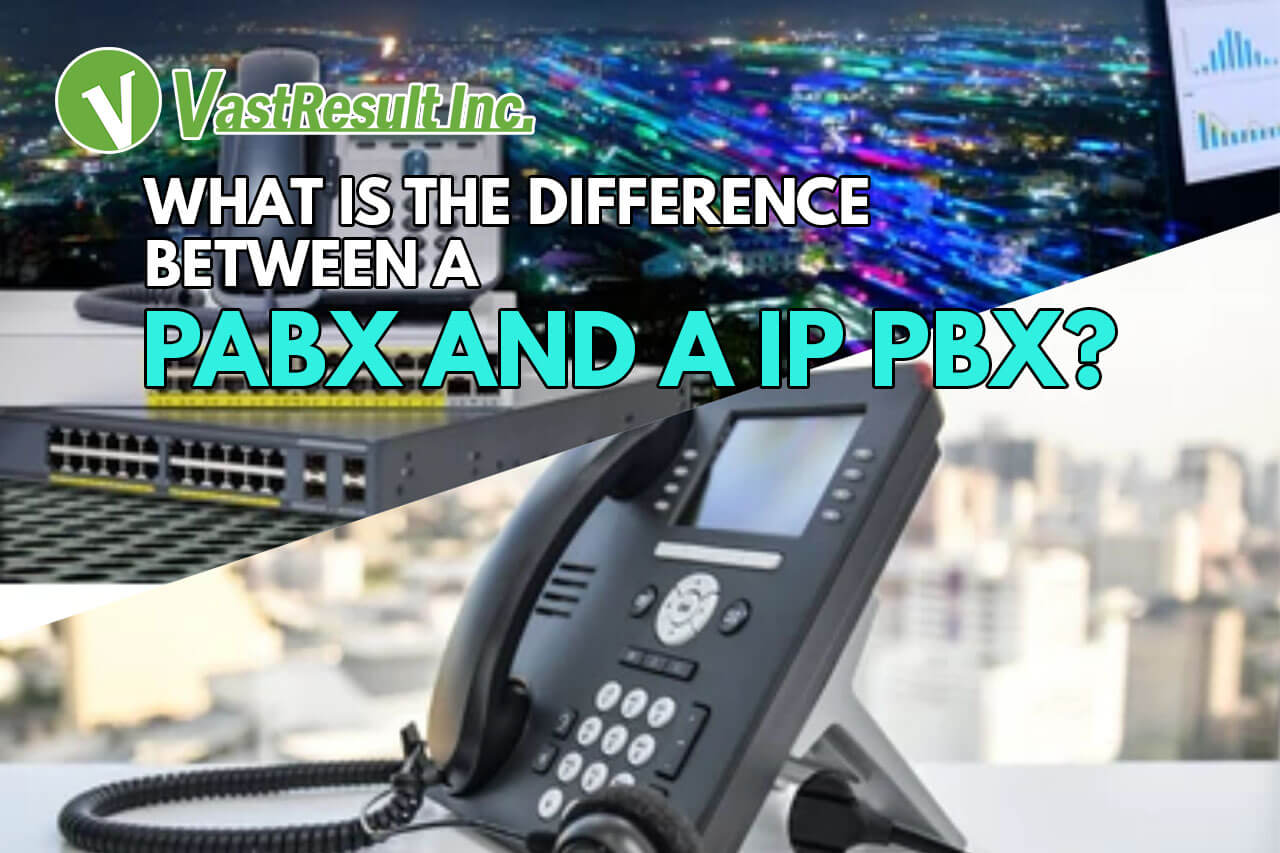
The Different Types Of Automatic Gates & Which One Best Suits Your Business
August 5, 2022
Everything you Need to Know About Seismic Accelerograph: Earthquake Instrumentation, Location, Installation, And Maintenance
September 16, 2022Everything You Need To Know About PABX And Why You Should Consider Using It In Your Business
Most offices throughout the world rely heavily on communication technology to function. A functional internal communications system that allows employees to interact without relying on external variables is generally one of the first things installed in new corporate headquarters and small business offices.
Before the internet, corporate communications were mostly handled by building traditional landline phone systems at the workplace, with tens of meters of cable connecting the stationary phones to provide smooth and speedy connectivity. However, these systems were subject to a variety of external variables, including provider-side power outages and pricing increases by phone system providers.
Most commercial communications capabilities are enabled by adopting a private branch exchange or PBX telephone system. Traditionally, a room of operators was necessary to monitor the company’s employees’ calls and transfer them using analog means. These individuals were also responsible for handling any external messages and routing them to the appropriate parties.
But all of that changed with the introduction of PABX, or Private Automatic Branch Exchange. It has significantly lowered company communication expenses while also improving system interconnectivity and response times.
In this article, we will discuss everything you need to know about PABX or Private Automatic Branch Exchange and why you should consider using it in your business.
What is PABX (Private Automatic Branch Exchange)?
PABX stands for Private Automatic Branch Exchange, as we’ve already established. It is an automatic telephone switching system internally within a private organization. Formerly, it was called private branch exchanges (PBX) that required the use of a live operator. Today, since almost all private branch exchanges are already automatic, the term “PBX” would usually mean a “PABX.”
How Does a PABX System Work?

PABX system allows users to have access to free internal calls. The ability to electronically switch between calls without the need for manual operators enabled the development of Private Automatic Branch Exchange (PABX). This breakthrough was critical in building a telephone system that would eliminate the necessity for paying individuals to conduct the tedious chore of answering and transferring incoming calls.
Without getting too complicated, PABX systems employ extension numbers, which are issued to each individual phone in a certain business, in their most basic form. For example, if you wanted to contact one of your coworkers who are at his office next door, all you had to do was punch in the extension number on your PABX phone, and the call would be routed directly to the receiver.
Private Automatic Branch Exchange (PABX) solutions have addressed this issue by eliminating the intermediaries (operators) while maintaining the structure of PBX systems. Phone extension numbers remained, but the switchboard was replaced with buttons put directly on the telephones, allowing any employee to make internal phone calls without having to wait in line for what seemed like an eternity. Modern PABX systems employ IP phone systems, and organizations that provide these services frequently base their whole operation on an internet connection, eliminating the need to establish phone lines entirely.
Why You Should Consider Using It In Your Business?
In our increasingly linked and interdependent society, the demand for rapid, dependable connections should take precedence above all others. This is especially crucial in corporate settings, as minutes (or even seconds) of delay or lengthy session beginning can result in thousands of dollars in lost revenue.
To obtain the best outcomes possible, a rising number of businesses are employing office phone systems with a VOIP phone system like PABX. If you think your business needs this type of solution, then read further because it may be tough to choose the best communication solution for your company if you are not able to know or understand the features of a PABX.
Some of the most important features of a PABX system are:
-
Call transferring made simple
-
Constant connection without reliance on any phone service provider
-
Using a VoIP system to provide the greatest possible call quality
-
Adaptable to your company’s demands
Some of the sophisticated features of a PABX system include:
-
Vehicle Attendant
-
Recording of Phone Calls
-
Call for a Conference
-
Voicemail
-
Call Waiting
You can now select the best PABX system for your company’s requirements. It will make your phone calls go more smoothly and efficiently. As you can see, a PABX system offers numerous advantages.
With a PABX system, you can manage additional functions without spending a lot of money. It can assist you in making better use of your resources and maximizing the potential of your company. It’s simple to set up and will save you a significant amount of money.
Looking for a company to set up your PABX?
Vastresult is here to help you! Our company is equipped with professionals and experts to provide you with the best solution based on your requirements and budget. We’re proud of the PABX projects we’ve completed over the past years in different business sectors in the Philippines and we with trusted products from our partners like Avaya phone system, Cisco phone system, and many more.




